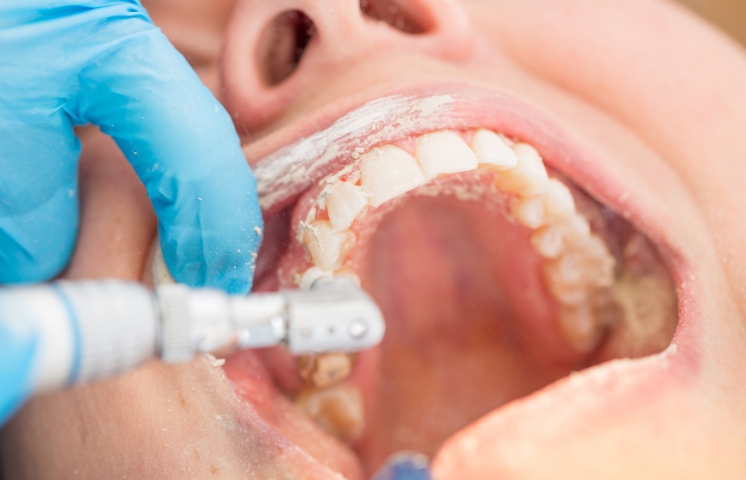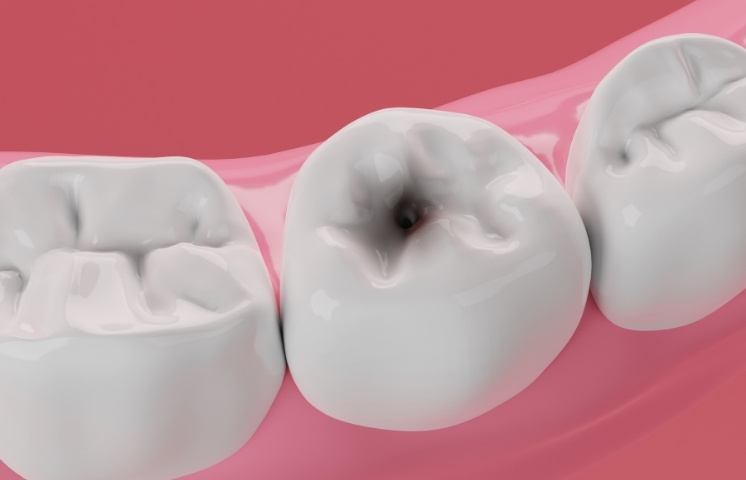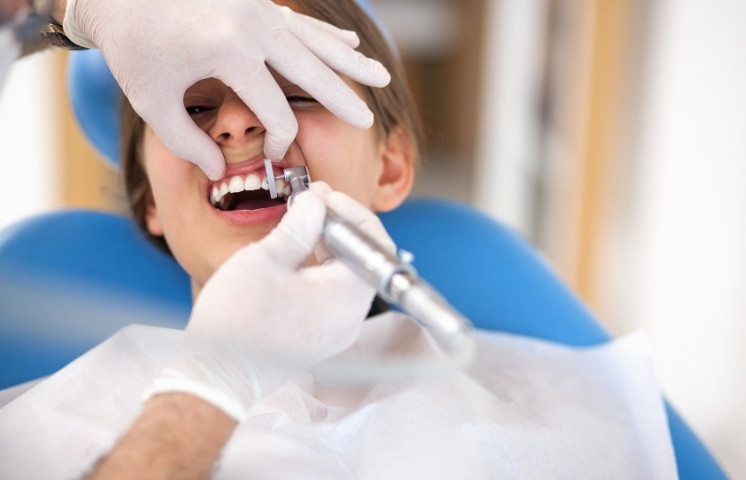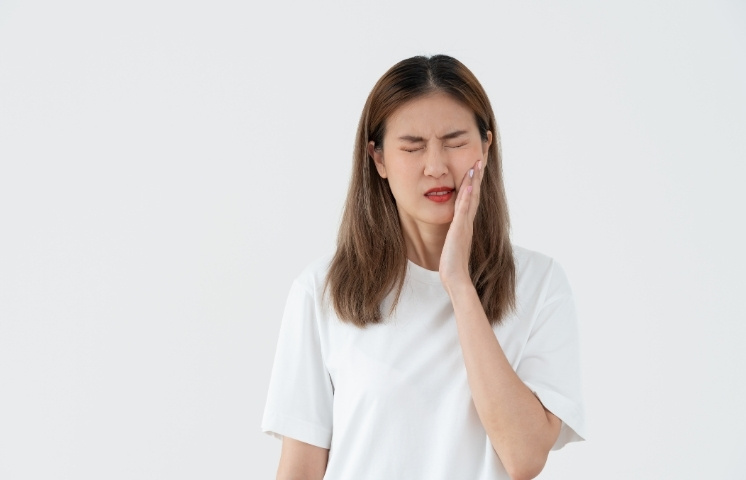Why Some People Need More Frequent Dental Cleanings Than Others?

Dental cleanings are a crucial part of maintaining oral health.
But did you know that not everyone needs cleanings at the same frequency?
For some, regular visits to the dentist might be enough, while others may need cleanings more often to maintain optimal oral hygiene. Understanding the factors that influence this difference can help you prioritize your dental health and avoid potential problems down the road.
In this blog, we’ll explore the reasons some people require more frequent cleanings than others. From genetics to lifestyle choices and health conditions, several factors impact how often you should visit the dentist.
Whether you’re looking to adjust your cleaning routine or just curious about the process, this guide will provide all the information you need.
The Role of Oral Hygiene Habits
Your daily oral hygiene habits directly impact the amount of plaque and tartar buildup in your mouth. The better your hygiene routine, the fewer visits you may need to the dentist for professional cleanings.
- Brushing twice a day removes food particles and prevents plaque buildup.
- Flossing helps clean areas between teeth where a toothbrush can’t reach.
- Mouthwash can kill bacteria, freshen breath, and reduce plaque accumulation.
Neglecting oral hygiene increases plaque and tartar buildup, requiring more frequent cleanings. People with poor habits may need to schedule dental cleanings in Loomis more often to stay on top of their oral health and avoid complications. Regular maintenance is key to minimizing visits!
Health Conditions That Increase Cleaning Needs
Certain health conditions can elevate the need for more frequent dental cleanings. Chronic diseases affect oral health and increase plaque accumulation, making regular cleanings essential.
- Diabetes weakens the immune system, making it easier for bacteria to cause gum disease.
- Gum disease and heart disease can lead to increased plaque and tartar buildup.
- Managing these conditions with frequent dental checkups can improve oral and overall health.
For individuals with health conditions, following your dentist’s recommendations and increasing visits helps manage both your medical condition and your dental hygiene. Don’t forget to schedule a dental exam near you to get personalized care!
Genetic Factors and Family History
Genetics significantly influence your oral health, including your risk for conditions like gum disease and tooth decay. Your family history can also give clues about how often you may need dental cleanings.
- Some people are genetically predisposed to weaker enamel or overactive tartar buildup.
- A family history of dental issues like cavities and gum disease can increase your cleaning frequency.
- Understanding your genetic predisposition helps you take proactive steps in your oral care.
If your family has a history of dental challenges, you may need to visit the dentist more often to keep your dental hygiene in check and prevent issues.
The Impact of Lifestyle and Diet on Dental Cleanings
Your lifestyle choices and diet can have a major effect on your oral health, influencing how often you need dental cleanings. Some habits and foods contribute to plaque buildup, while others help protect teeth.
- Smoking and alcohol can dry out the mouth, fostering bacteria growth.
- Sugary or acidic foods encourage plaque and tartar accumulation.
- A balanced diet with plenty of fruits, vegetables, and water can prevent these issues.
Maintaining good dental hygiene, coupled with a healthy lifestyle, can reduce your need for extra cleaning. It’s vital to evaluate your habits and discuss them with your dentist to find an optimal cleaning schedule.
Why do People with Braces or Dental Appliances Need More Frequent Cleanings?
Braces and other dental appliances pose unique challenges to maintaining oral hygiene. People with these devices tend to require more frequent cleanings to keep their mouths healthy and free from plaque buildup.
- Braces make it harder to reach certain areas of your teeth, increasing plaque buildup.
- Regular cleaning removes stubborn plaque that may have built up around brackets and wires.
- Wearing dental appliances can also lead to gum irritation, which may require extra attention.
Good oral hygiene practices can minimize the need for additional cleanings, but it’s essential to follow up with professional care to ensure the best results.
The Importance of Regular Checkups for Tailored Cleaning Schedules
Regular dental checkups are vital for determining your personalized cleaning schedule. Dentists can assess your oral health and recommend how often you need cleanings based on your individual needs.
- Dentists can spot early signs of plaque buildup, cavities, and gum disease.
- They can offer tailored advice on maintaining good dental hygiene and improving habits.
- Regular exams prevent issues from escalating and ensure timely cleanings when necessary.
Make it a priority to visit your dentist regularly and maintain optimal oral health. Professional advice can help you stay ahead of dental problems and avoid extra cleanings down the road.
Understanding why some people need more frequent dental cleanings is essential for maintaining optimal oral health. From genetics and lifestyle habits to medical conditions, various factors influence your cleaning schedule. If you’re unsure about your needs, regular dental exams will help personalize your care and keep your teeth and gums healthy for years to come.




